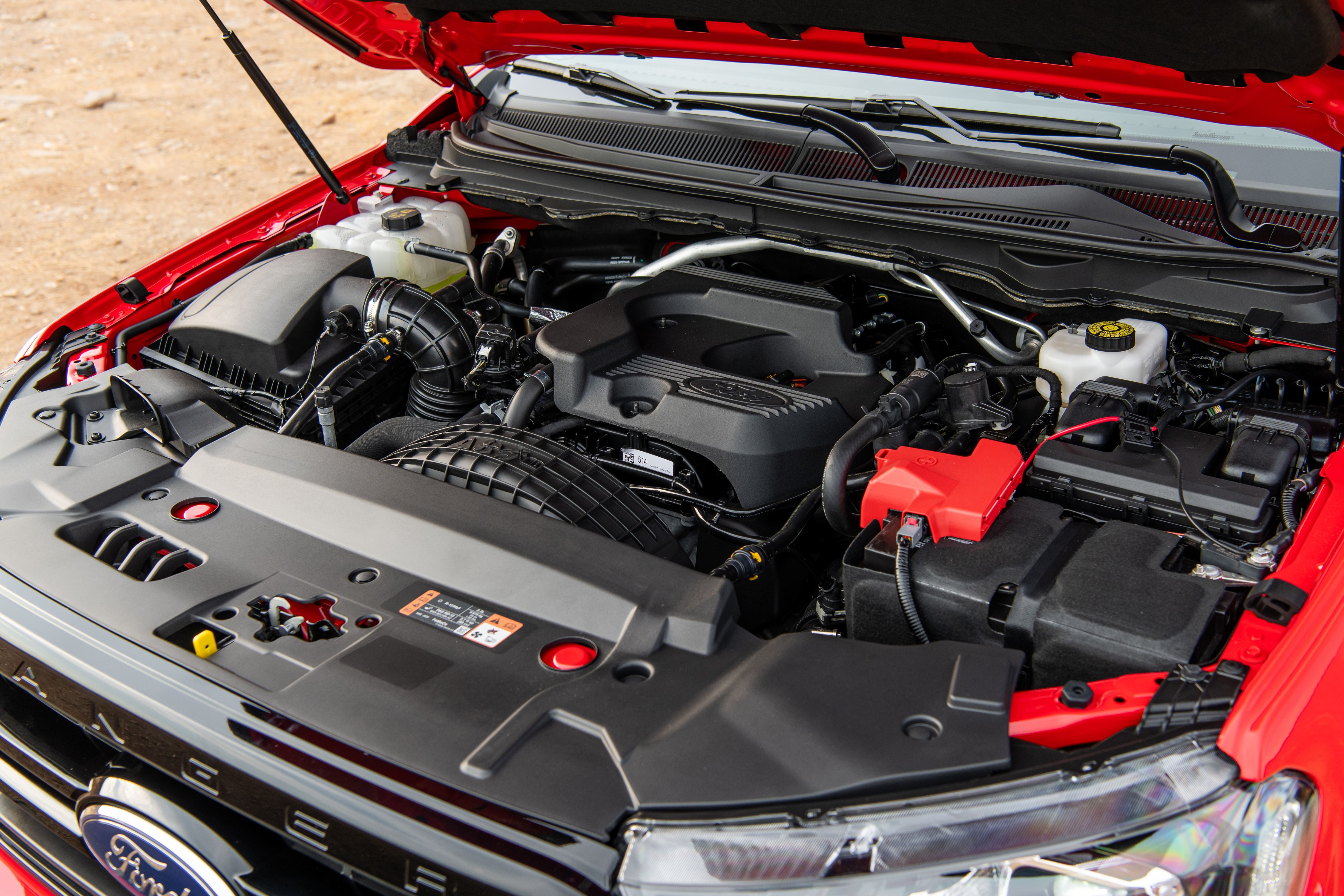Get to Know the Power and Reliability of the 2.2 Ford Ranger Engine for Any Job
Get to Know the Power and Reliability of the 2.2 Ford Ranger Engine for Any Job
Blog Article
What Makes an Auto Engine Run Smoothly: Leading Tips for Optimal Care
The smooth procedure of a car engine is basic to both efficiency and durability, making ideal care a vital obligation for automobile owners. What specific actions should you focus on to ensure your engine remains in peak condition?
Normal Oil Adjustments
One of the most essential aspects of vehicle maintenance is ensuring your engine obtains normal oil adjustments. Engine oil lubes interior elements, minimizes rubbing, and aids keep optimum operating temperature levels. With time, oil degrades as a result of heat, pollutants, and the all-natural by-products of burning, causing reduced efficiency and potential engine damage.
The majority of suppliers advise altering the oil every 5,000 to 7,500 miles, however this interval can differ based upon driving problems and oil kind. Artificial oils may permit for longer intervals in between modifications. Normal oil modifications not just enhance engine efficiency however also improve gas effectiveness, as tidy oil promotes smoother procedure.
Neglecting oil adjustments can lead to sludge build-up, which hinders circulation and can bring about serious engine issues. It is essential to inspect oil levels regularly and check for any type of uncommon modifications in color or uniformity, which could show contamination or deterioration.

Preserving Coolant Degrees
Keeping proper coolant levels is vital for stopping engine getting too hot and making certain optimum efficiency. The coolant, typically a mixture of water and antifreeze, circulates through the engine, taking in warm and stopping thermal stress and anxiety. Insufficient coolant can lead to increased engine temperatures, which may cause extreme damages or also complete engine failing.
To preserve ideal coolant levels, frequently examine the coolant reservoir, usually located in the engine bay. Ensure the coolant is filled to the advised mark, as shown in your automobile's owner manual. It is advisable to check the degrees at least once a month or soon trips, especially throughout extreme climate condition.
If you observe that the coolant level is consistently reduced, there may be a leakage in the air conditioning system, which must be dealt with promptly to avoid additional problems. 2.2 ford ranger engine. Additionally, purging the coolant system every two to 3 years can assist remove any kind of collected debris and make certain effective heat exchange
Checking Air Filters

It is advised to inspect the air filter every 12,000 to 15,000 miles, or a lot more frequently if driving in damaging or dirty conditions. A straightforward visual inspection can commonly expose whether the filter is dirty or harmed. If the filter appears blemished or has noticeable dirt buildup, it must be replaced promptly.
Utilizing a top notch air filter created for your specific car version can further improve engine performance. In addition, some vehicles may gain from multiple-use filters that can be cleansed and reinstalled, offering a eco pleasant and economical choice.
Inspecting Glow Plugs
Glow plugs are essential parts of a car's ignition system, straight affecting engine efficiency and effectiveness. They produce the trigger that stirs up the air-fuel mixture in the combustion chamber, helping with the engine's power generation. Normal examination of ignition system is crucial for maintaining ideal engine feature and protecting against possible issues.
During an examination, try to find indicators here are the findings of wear or damage, such as cracks, carbon accumulation, or extreme gap widening. A healthy ignition system typically shows a brown or tan color. Dark soot or oil down payments can show improper burning, while a white or blistered appearance might suggest look at this website getting too hot. Both conditions call for immediate focus to stop further engine damages.
It's advisable to inspect ignition system every 30,000 miles, or as suggested in your vehicle's owner guidebook. Additionally, think about changing them according to the maker's standards, as used or old spark plugs can cause misfires, reduced gas performance, and enhanced exhausts.
Monitoring Tire Pressure
Guaranteeing correct tire stress is an essential element of lorry security and efficiency. Under-inflated tires can lead to reduced gas effectiveness, raised tire wear, and jeopardized handling. Alternatively, over-inflated tires can reduce traction and raise the threat of blowouts. For that reason, routine surveillance of tire pressure is vital for optimum vehicle operation.
Tire pressure should be inspected a minimum of when a month and eventually journeys. Use a trusted tire pressure gauge to determine the stress when the tires are chilly, preferably prior to the vehicle has been driven for at the very least other three hours. Describe the car's proprietor manual or the placard located on the motorist's side door jamb for the supplier's recommended stress degrees.
It is necessary to note that tire pressure can change with modifications in temperature level; a decrease of 10 ° F can lead to a 1-2 psi reduction in stress. Furthermore, aesthetically examine tires for any signs of wear or damage throughout your tracking routine. Preserving correct tire stress not only improves automobile safety but also improves fuel performance and lengthens tire life, ultimately adding to a smoother engine efficiency.
Final Thought
In conclusion, preserving an automobile engine's smooth operation calls for attentive attention to numerous essential factors. Inevitably, a proactive strategy to engine care is crucial for making sure reliability and functionality over time.
One of the most important elements of automobile maintenance is guaranteeing your engine obtains routine oil adjustments. Engine oil lubricates interior parts, decreases rubbing, and aids keep optimal operating temperature levels. Routine oil adjustments not just improve engine performance however also improve gas efficiency, as clean oil advertises smoother operation.
Inadequate coolant can lead to boosted engine temperature levels, which might cause severe damage or also overall engine failing.

Report this page